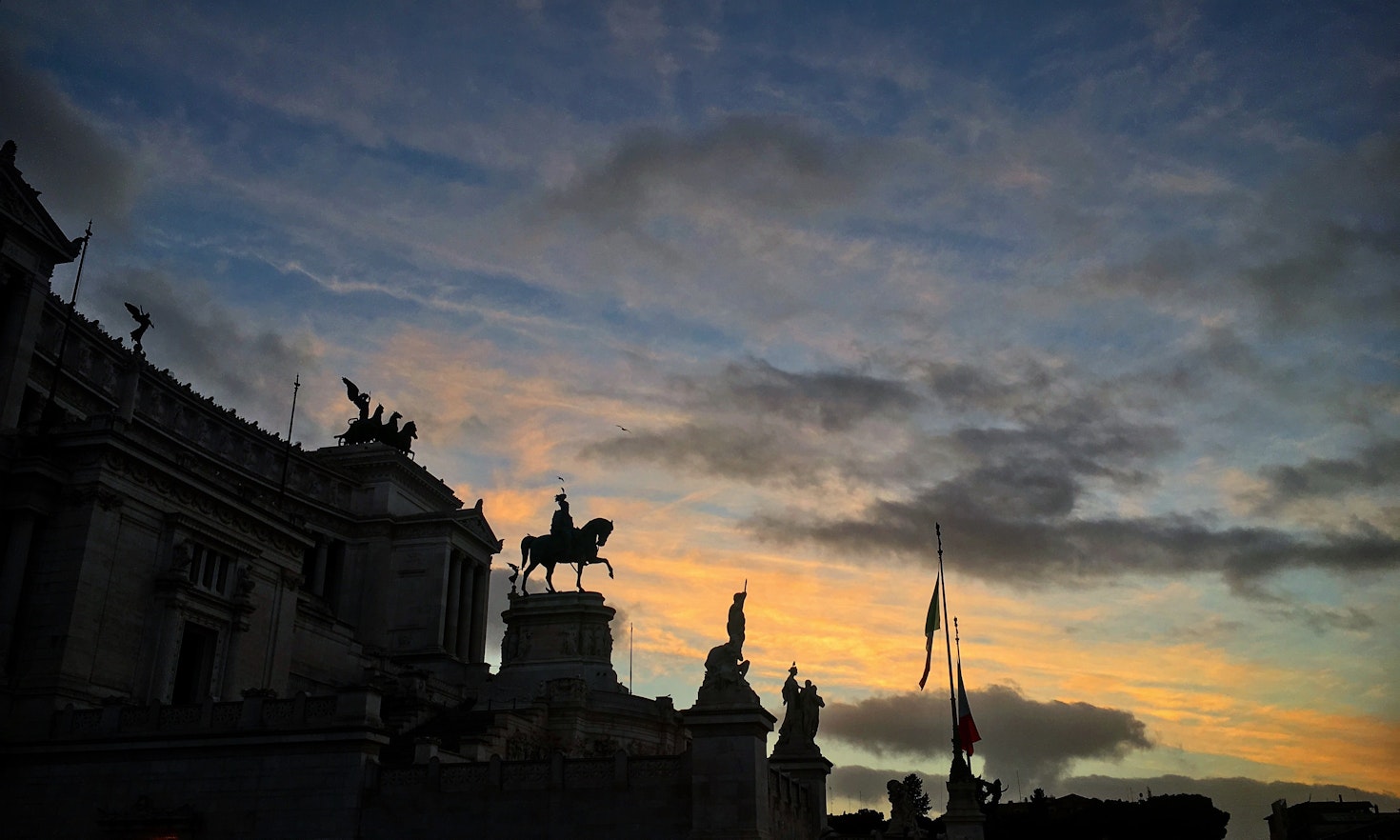
The Corsican paradox: a strange superimposition of opposing ideologies
 Mattia Bottino
Mattia Bottino
When I got asked to write this piece, I jumped at the chance. After two years of having lived in Italy I got the chance to be a tourist, not just any tourist, an electoral one. So, I put my explorer pants on and got ready to enjoy a ride through the Italian elections.
For a Spaniard, Italian politics are a synonym of chaos. Constant changes of government and party splits that make it difficult to keep track of who’s who. In fact, after the rise of new parties in 2015 and the subsequent fragmentation of the Parliament in Spain, some commentators claimed that we were witnessing a process of Italianization of Spanish politics.
For my part, I have a deep admiration for Italy. Despite having one of the most bizarre political classes in all of Europe (with notable exceptions such as Draghi), the country still works reasonably well. If Spain faced a similar situation in terms of political instability, I think that the result would be quite different.
The purpose of this piece is to highlight aspects of the Italian elections that are surprising for a Spaniard like me:
Periodical changes to the electoral law: One could lose the count of the different electoral systems that Italians have used in the last years between reforms, Constitutional Court rulings and, more recently, a constitutional amendment to reduce the number of MPs. Although Spain arrived late to the world of free elections, the electoral system has remained stable since 1977. Proportional representation to elect the 350 MPs in the Lower House and a majoritarian system for the Senate. And by the way, all of this without the necessity of a having a minimum age to be a candidate or voter for the Senate (the latter recently abolished in Italy).
The importance of coalitions: The current Italian electoral system is designed for coalitions, making it difficult for parties that wish to run alone. An element that caught my eye is that a coalition does not have to present a common joint list. Each party is allowed to run with its own list and then the votes are added up. In Spain, coalitions are possible but rare, normally leading to internal clashes as the parties need to run in a joint list and thus decide the order of the candidates.
The different meaning of crossing out a party: Whether on social media or street posters, Italian parties invite you to cross out their logo. This way, you make it clear to the vote counter which party you want to vote for. For me, this is very counterintuitive. In my country, crossing out the logo of a party in a poster is the kind of disrespectful behavior you will see from those that oppose a certain ideology. Crossing out means exclusion while in Italy this is how you show your support for a certain political formation.
Party changes during the legislature: Political parties in Spain are powerful and cohesive organizations. They decide the order of the list, controlling who has possibilities of being elected. Consequently, party discipline and loyalty are both very high. By contrast, in Italy, there were more than 300 changes during the last legislature with some MPs changing multiple times.
Absence of regionalist or nationalist parties: Italian politics are dominated by national parties, especially after the Lega tried to erase its north Padanian nationalist past. In 2018, regional parties only got 4 seats in the Chamber of Deputies (SVP-PATT) and 4 in the Senate (3 SVP + 1 Union Valdôtaine). On the other hand, governability in Spain rests on the hand of nationalist parties which represent more than 10% of its MPs. The power of these formations is such that this phenomenon is no longer limited to the so-called historical communities (Catalonia, the Basque Country and Galicia) but has also extended to other areas with the rise of small localist parties from places like Cantabria, Teruel or Soria.
Having to vote in person: I have voted seventeen times in my life considering all types of elections (national, regional, local o European). Of those, I only voted in person three times. For the rest, I mailed in my vote either from Spain or from other places such as Canada and even South Tyrol! Not having the possibility to vote by mail would have meant that I would not have been able to exercise my right to vote because it was impossible for me to travel. In Italy, if you want to vote, you need to hit the road (unless you live abroad). At least you during election time, discounts on train tickets are available.
Overseas constituencies: If you are an Italian living abroad you can vote –even by mail! However, you are assigned to one of four overseas constituencies depending on where you live. This way, you have MPs tasked with the duty of representing you as an expatriate. In Spain, those that have their permanent residency abroad can vote, but the Spanish Constitution does not contemplate overseas constituencies. The solution is to assign the elector to a province, normally where you had your last residence in Spain. But what happens with those that have the nationality but never lived in Spain? They are assigned to the province where their ancestors used to live, something that has little rationale. In the end, voting from abroad is difficult in both countries, turning into something that seems more like a gymkhana.
Finally, elections -as most things in this country- are a show: This has probably been the most frivolous and least interesting campaign for Italians in recent times. After the Draghi government fell victim to personalistic and partisan interests, voters have simply become fed up with their political class. However, this has not stopped parties from bombing electors with interviews or ads on social media (political advertising is banned on TV). Some of them seem bizarre, even ridiculous in my eyes. Not that my country is an example of “high politics”, but certain attitudes like these would probably not go down well with the electorate.
After this electoral trip, sight-seeing some of the elements of the Italian elections, I think it’s time to sit down, relax and enjoy a gelato (or a strudel) while Italians decide the fate of their country for the next 5 years. In bocca al lupo!
The project DATE has received funding financed in in the frame of the Seal of Excellence Program of the Autonomous Province of Bolzano/Bozen - South Tyrol, Department for Innovation, Research and University.

This content is licensed under a Creative Commons Attribution 4.0 International license.